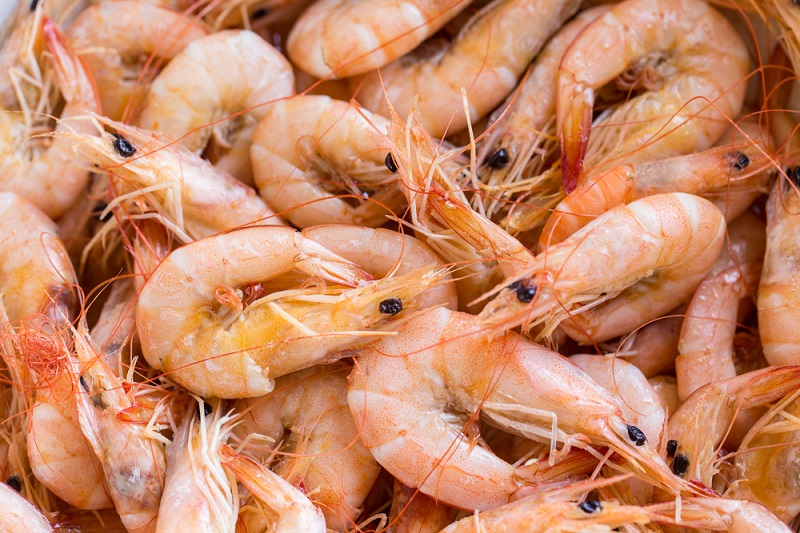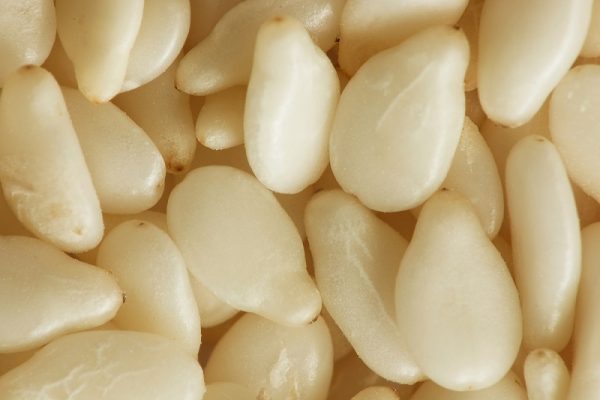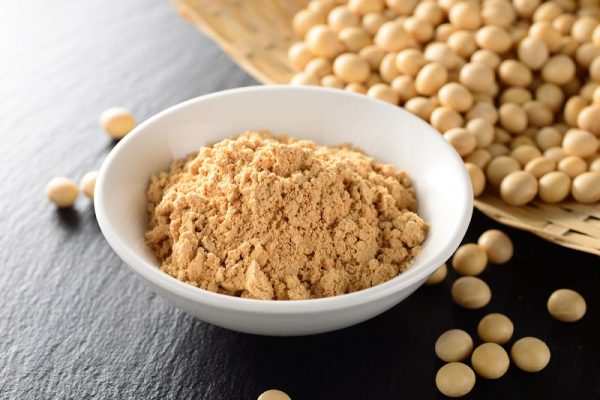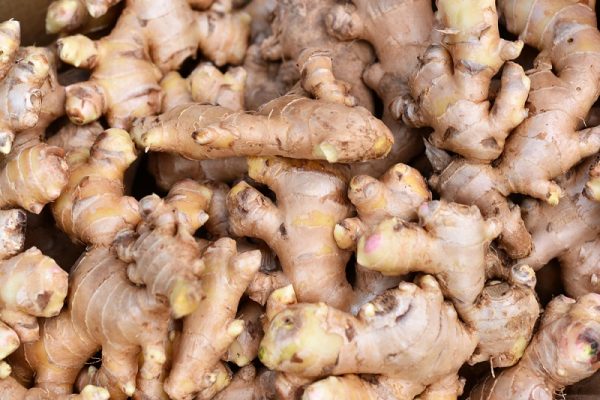If you’re considering trying your hands on the export business, this article may help you make an informed decision as to what exactly you should be exporting.
In December, the National Bureau of Statistics released its Trade Intensity Index Report for the third quarter (Q3) of 2016. The 17-page document contains export and import data for Nigeria for July, August, and September, especially from non-oil sectors. Its report on agricultural exports, which details the country’s top selling agricultural products on the international markets, is a particularly interesting read. Here, we take a look at the top products from that list.
- Shrimps and prawns
Exports of frozen shrimps and prawns for the period July-September were worth over ₦5 billion- more than any other agricultural export. Nigeria’s prawns seem to be riding on the crest of a wave- or less troubled waters in fact. Its waterways, now more secure than they were a few years back, have produced shrimps to fill a widening demand-supply gap which has grown because of low international market prices. Key markets for shrimps and prawns include the United States, the European Union, and Japan. An increase in the demand for shrimps was also recorded in Russia, Australia, and South Africa. [separator type=”thin”]
- Sesame seeds
Sesame seed exports raked in over ₦4.8 billion in Q3 2016, making it the second highest earning agricultural export for the country. Nigeria produces most of its sesame in its northern region; the crop is also grown in certain parts of the South West. Sesame is a source of non-fatty vegetable oil, and is also used in confectionaries, pharmaceuticals and other products. Top importers of sesame include Japan, China, Turkey and India. The Middle-East also holds some promise for exporters in the near future. [separator type=”thin”]
- Cashew nuts
Income from cashew exports for the third quarter of 2016 exceeded ₦2 billion. Cashew is grown in the middle belt and southeast of the country; however, much of the output from the country comes from such states as Kwara, Kogi, Oyo, Osun, and Ekiti. Top export destinations for Nigerian cashew are Vietnam, India, and the Republic of Benin. Nigeria ranks as the second largest producer of cashew in the world, but a lot of what it produced is consumed locally. [separator type=”thin”]
- Soybean flour and meal
Nigeria made over ₦ 4 billion from soybean flour and meal exports in the three months reviewed by the NBS’ trade report. Major importers of the product include the European Union, Vietnam, Indonesia, Thailand and the Philippines. Soybean flour is used in animal feed (soy concentrate) and in various human food recipes. [separator type=”thin”]
- Ginger
Nigeria is one of the world’s leading exporters of ginger; in 2015, it ranked as the third largest exporter of crushed ginger and fourth largest exporter of non-crushed ginger in the world, with over $30 million realized from its sale of the product on the international market. The NBS’ report indicates that the product continues to be a major source of revenue for exporters in Nigeria.






